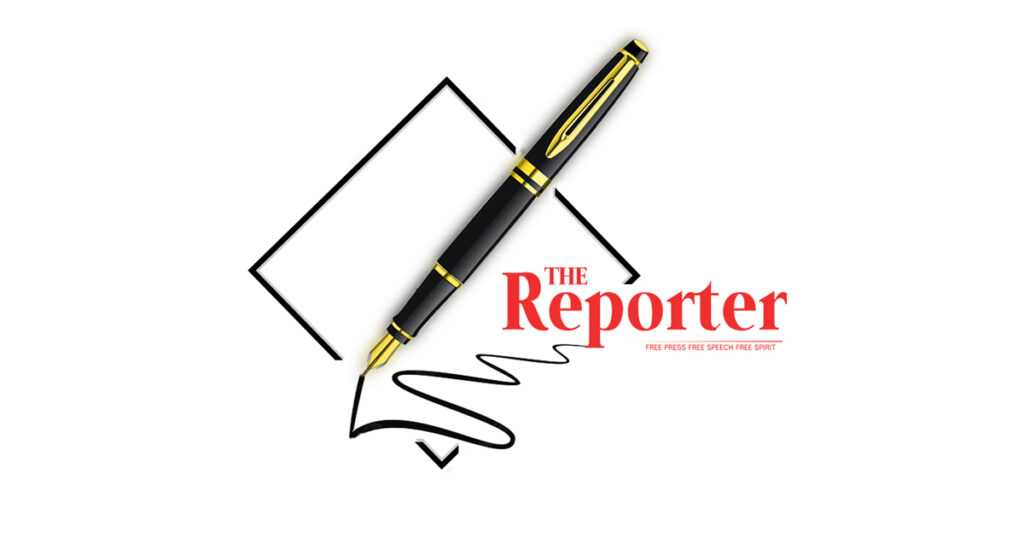[
Ethiopia, Africa’s second-most populous country, has seen significant economic growth and poverty reduction over the past two decades. However, the nation now faces challenges such as slowing growth, high inflation, foreign exchange shortages, and the impacts of climate change. In order to continue on a path of successful development, Ethiopia must address these constraints by embracing green growth and development strategies.
Highlighting the role of Ethiopia’s banking system in maintaining macroeconomic stability, the country’s banks are predominantly publicly owned and play a crucial role in supporting the government’s developmental strategy through public investments. Monetary policy in Ethiopia follows a monetarist approach, with banks subject to minimum reserve requirements with reserve growth as a key target. Interest rates are controlled, and commercial banks are required to purchase treasury bonds to cover government deficits.
While various international financial institutions attribute Ethiopia’s macroeconomic challenges to factors such as inflation driven by budget deficits, inefficiencies in resource allocation, and government dominance in the financial sector, an alternative perspective suggests that a focus on money supply growth may not accurately explain the causes of inflation in Ethiopia. Factors like currency devaluation, global commodity price spikes, and domestic shocks in agriculture also contribute to inflation.
Restricting money supply to control inflation can lead to crowding out of private sector credit, limiting opportunities for productive investments. However, economically harmful policies like these may not effectively address inflation or support sustainable growth. Instead, Ethiopia can implement reforms within its banking system to encourage green and productive investments while reducing speculative activities in real estate.
To promote stability and foster green growth, Ethiopia should focus on accommodating commercial banks’ demand for reserves, limiting speculative investments, and directing finance towards green and socially beneficial projects. By embracing a growth-led and green framework, Ethiopia can address financing constraints, reduce import dependence, and promote sustainable economic development.
Rather than resorting to austerity measures or risking further instability, Ethiopia’s banking system can play a key role in steering the country towards a path of inclusive and environmentally sustainable growth. By taking proactive steps towards supporting green investments and limiting speculative activities, Ethiopia can overcome its economic challenges and build a more resilient economy for the future.
